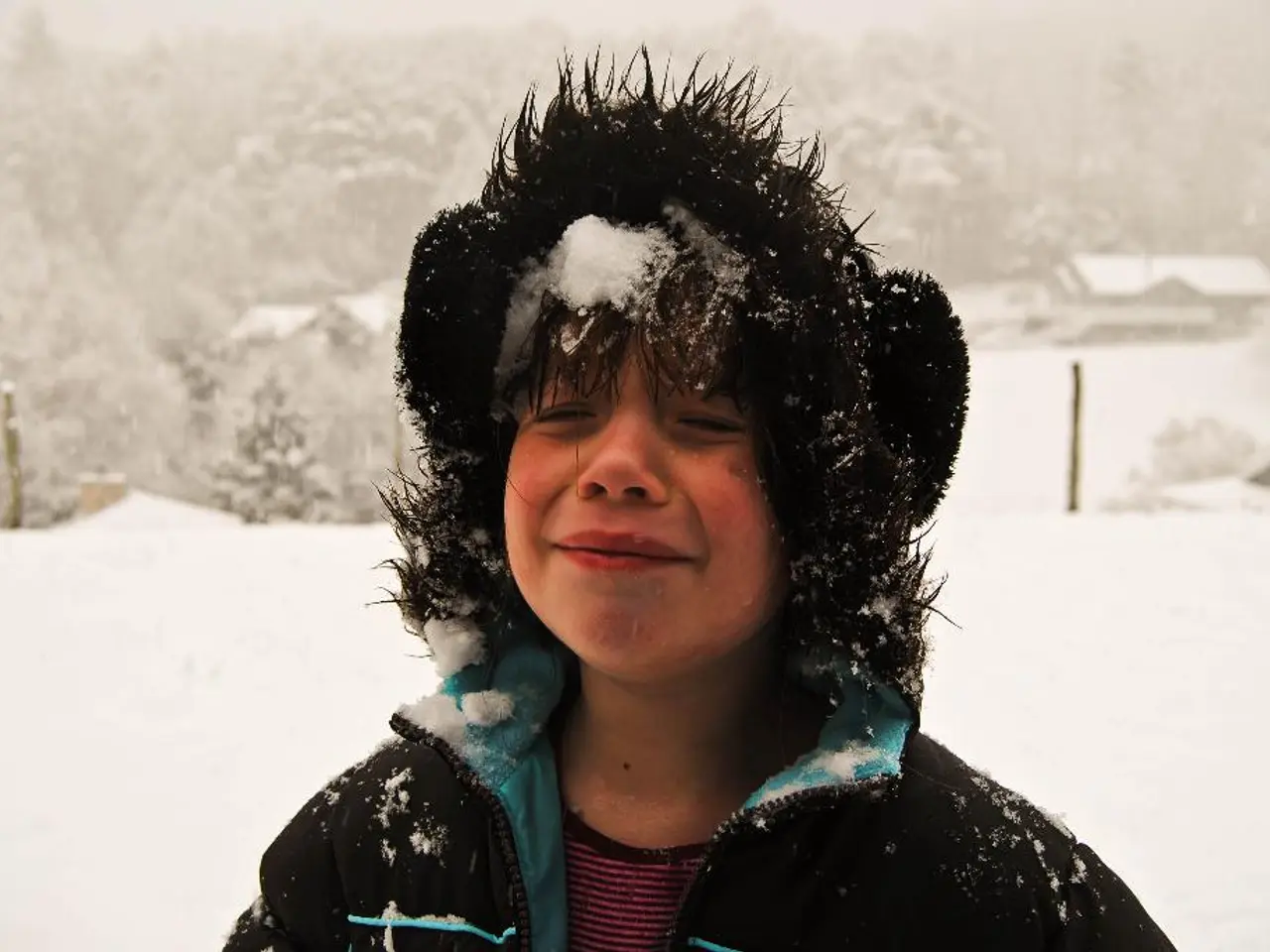Daughters' Unique Grief After Mother's Loss: Understanding and Coping
The loss of a mother can have profound and lasting effects on her children, with daughters often experiencing the stages of grief differently and more intensely than sons. Understanding these differences and seeking help when needed are crucial steps in the healing process.
Grief after losing a mother can manifest in various stages and symptoms, with immediate reactions ranging from shock and disbelief to intense sadness and anger. These feelings are normal in the first year, but if they persist, daughters may benefit from speaking with a mental health professional. Parental loss has been linked to depression and a compromised sense of self in young adults, with women often experiencing more negative effects such as binge drinking, lower self-esteem, and less personal growth. Physical health can also be impacted, with increased risks of cancer, cardiac issues, immune disorders, and high blood pressure.
Coping with grief can involve various strategies, including maintaining traditions, focusing on happy memories, seeking support from other maternal figures, practicing mindfulness, and helping others. If grief becomes overwhelming, resources like the 988 Suicide and Crisis Lifeline, Crisis Text Line, or local mental health professionals are available. Literature can also provide solace and insight, with notable authors like C. S. Lewis (A Grief Observed) and Ulrike Draesner exploring themes of loss and grief.
Losing a mother can mean losing an important part of one's support system, potentially straining family relationships. It's essential to acknowledge that grief is a deeply personal experience, and everyone copes differently. For daughters, understanding and accepting these differences can help them navigate their grief journey more effectively.
Losing a mother can lead to a more intense grief response and difficulty adjusting for women. By recognizing the unique experiences of daughters and seeking help when needed, we can better support them through their grief. If you or someone you know is struggling with grief, remember that you're not alone, and help is available.




